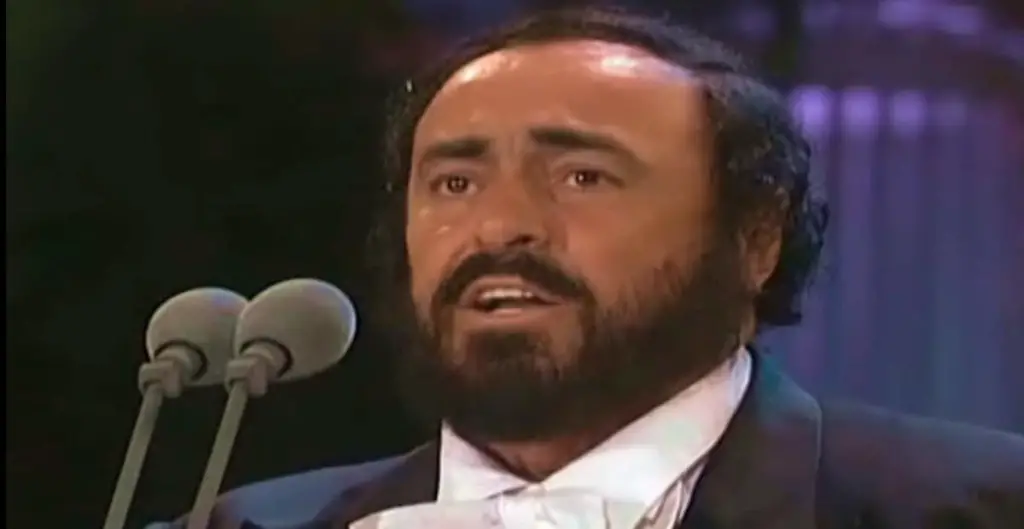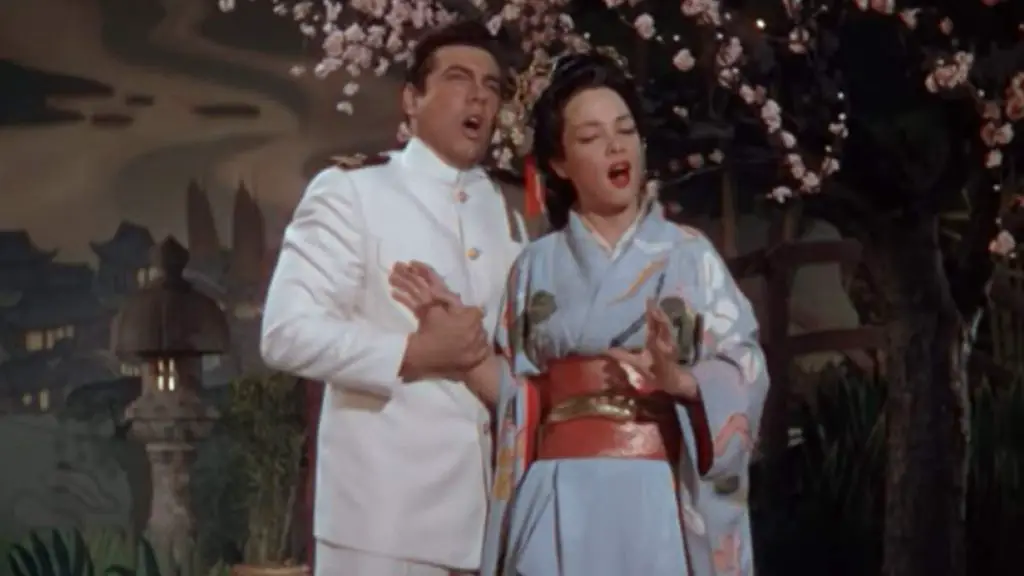The great American tenor of Italian origin, Mario Lanza sings Ave Maria by Franz Schubert. The video is from the 1956 movie “Serenade”.
Schubert’s Ave Maria
“Ellens dritter Gesang” (“Ellens Gesang III”, D. 839, Op. 52, No. 6, 1825), in English: “Ellen’s Third Song”, was composed by Franz Schubert in 1825 as part of his Opus 52, a setting of seven songs from the Scottish poet Walter Scott’s (15 August 1771 – 21 September 1832) popular epic poem The Lady of the Lake, loosely translated into German.
It has become one of Schubert’s most popular works, recorded by a wide variety and a large number of singers, under the title of Ave Maria, in arrangements with various lyrics which commonly differ from the original context of the poem.
Franz Schubert composed the piece as a musical adaptation of verse XXIX from Canto Three of Walter Scott’s renowned narrative poem, “The Lady of the Lake.” This verse was translated into German by Adam Storck and is part of Schubert’s larger song cycle known as “Liederzyklus vom Fräulein vom See.” The poem depicts Ellen Douglas, the Lady of the Lake, seeking refuge with her exiled father in the Goblin’s cave instead of joining Roderick Dhu in his rebellion against King James. As Roderick Dhu and his warriors ascend the mountain, they hear the distant sound of the harpist Allan-bane accompanying Ellen’s prayer to the Virgin Mary for assistance. Roderick Dhu momentarily pauses before continuing to battle.
The first performance of Schubert’s composition is said to have taken place at Countess Sophie Weissenwolff’s castle in the Austrian town of Steyregg. The piece was dedicated to her, which subsequently led to her being referred to as “the lady of the lake.”
The opening words and recurring refrain of Ellen’s song, “Ave Maria” (Latin for “Hail Mary”), likely inspired the idea of adapting Schubert’s melody as a setting for the complete text of the traditional Roman Catholic prayer “Ave Maria.” The popularity of using Schubert’s melody with the Latin version of the prayer has led to a common misconception that he originally composed it specifically for the “Ave Maria.”

Related: Pavarotti sings Ave Maria [Schubert]
Ave Maria Lyrics
Latin
Ave Maria
Gratia plena
Dominus tecum
Benedicta tu in mulieribus
Et benedictus fructus ventris
Tui, Jesus
Sancta Maria
Mater Dei
Ora pro nobis peccatoribus
Nunc et in hora mortis nostrae
Ave Maria
Amen.
English
Hail Mary,
Full of grace,
The Lord is with thee;
Blessed art thou among women,
And blessed is the fruit of thy womb,
Jesus.
Holy Mary,
Mother of God,
Pray for us sinners,
Now and at the hour of our death.
Hail Mary,
Amen
Serenade
![Serenade, Original movie poster [Mario Lanza].](https://cdn-0.andantemoderato.com/wp-content/uploads/2015/07/Mario-Lanza-Serenade-Original-Movie-Poster-768x1024.webp)
Serenade, a 1956 Warner Bros. release, was Lanza’s fifth film, and his first on-screen appearance in four years. Directed by Anthony Mann and based on the 1937 novel of the same name by James M. Cain, the film also stars Joan Fontaine, Sara Montiel (billed as Sarita Montiel), and Vincent Price.
The film tells the story of a poor vineyard worker who becomes an operatic tenor and is involved with two women – one a high society hostess, the other a Mexican bullfighter’s daughter. Highly melodramatic in nature, the film features a large amount of operatic music, all of it sung by Lanza.
Sources
- Serenade (1956 film) on Wikipedia

